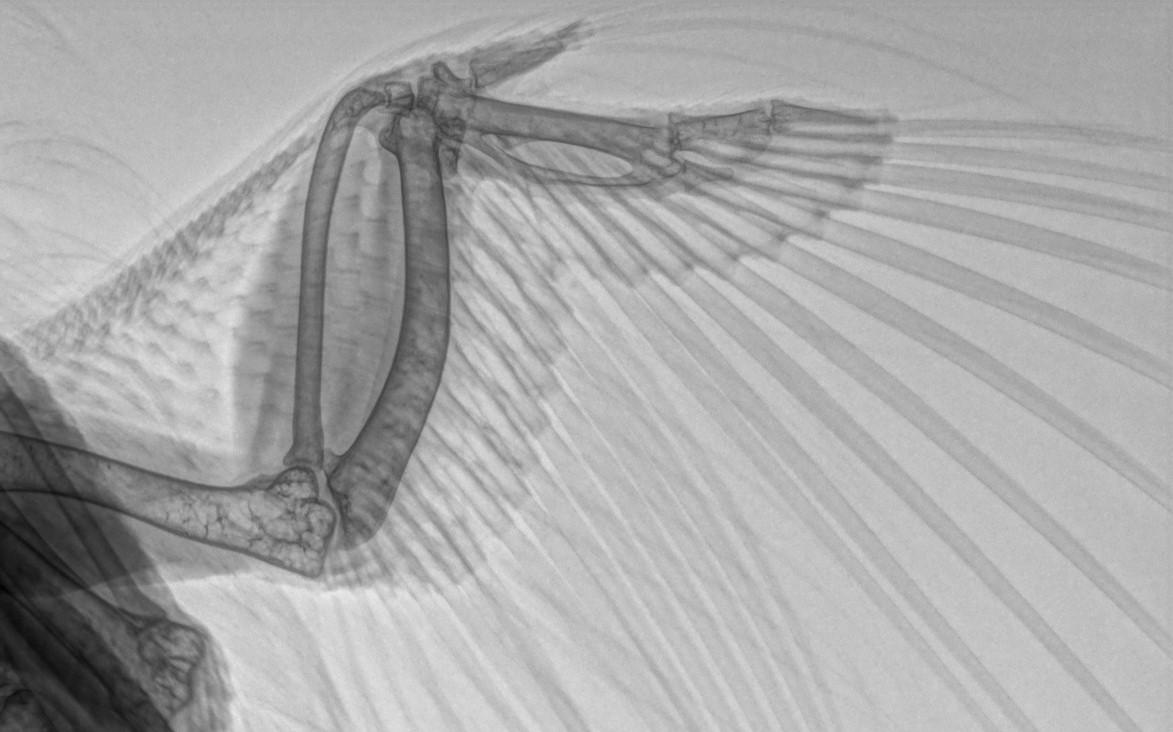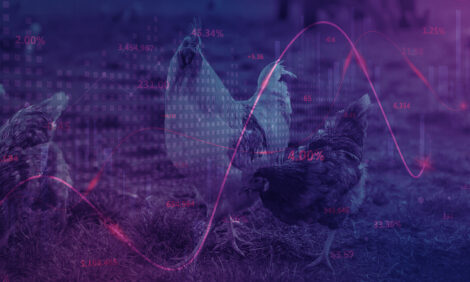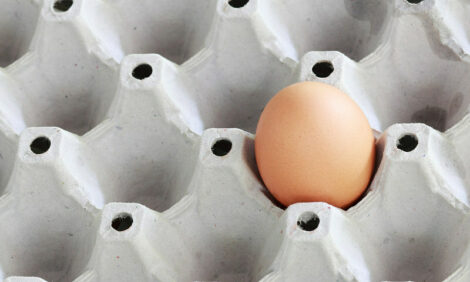



Gene linked to bone strength in egg-laying hens
A newly discovered gene linked to bone quality could lead to better health in laying hens
© The Roslin Institute
Scientists have discovered a gene linked to bone quality, in a finding that could inform selective breeding. It could lead to better health in hens that lay eggs, which are at risk of osteoporosis.
The discovery, from a team of scientists including from the Roslin Institute, confirms the importance of a key biological molecule for healthy bones and may be relevant for other species, including humans.
Generational study
Researchers looked in detail at a region of chicken DNA, which was known from previous studies to be linked to risk of bone fractures. They studied generations of hens, looking at the level of activity in genes and the strength of the hens’ bones.
The team was able to pinpoint a key gene, named cystathionine beta synthase (CBS), which was associated with better quality bones.
Hens with a particular version of the gene had bones with raised mineral content and cross-linking of collagen protein, suggesting that these factors may be important for the differences in bone quality.
The study, published in Genetics Selection Evolution, was carried out in collaboration with scientists in Sweden, Spain, Germany, Czech Republic and China.








